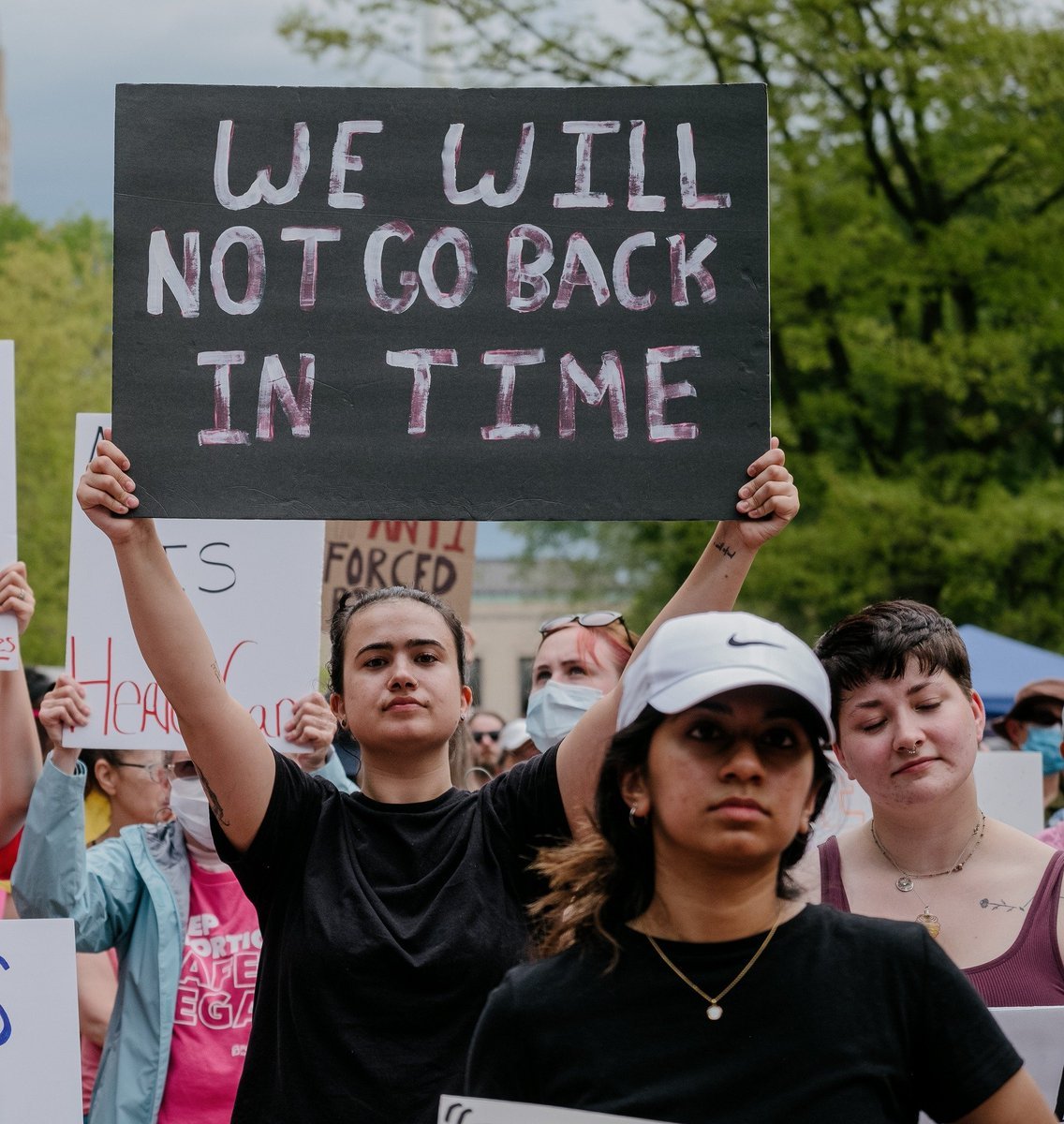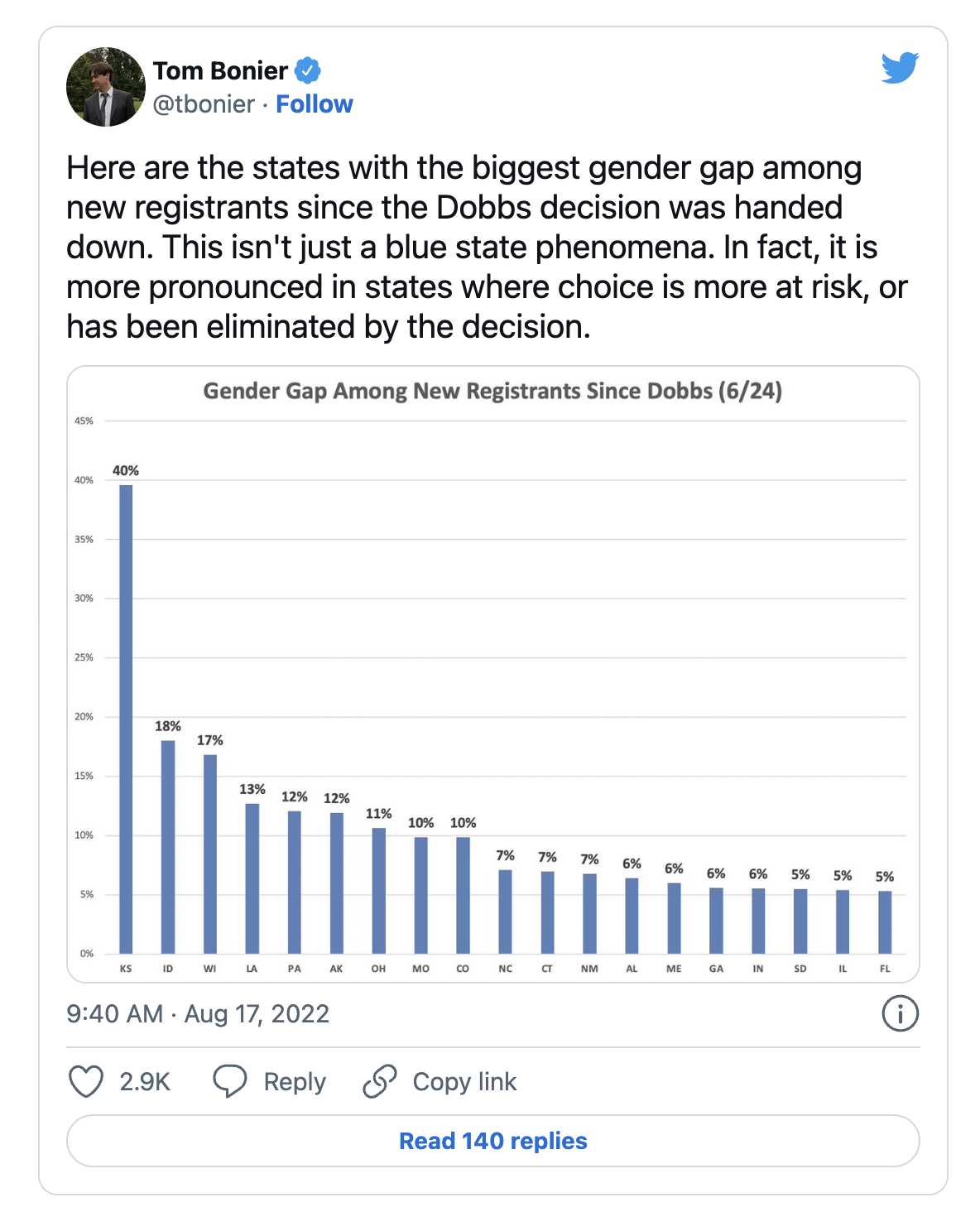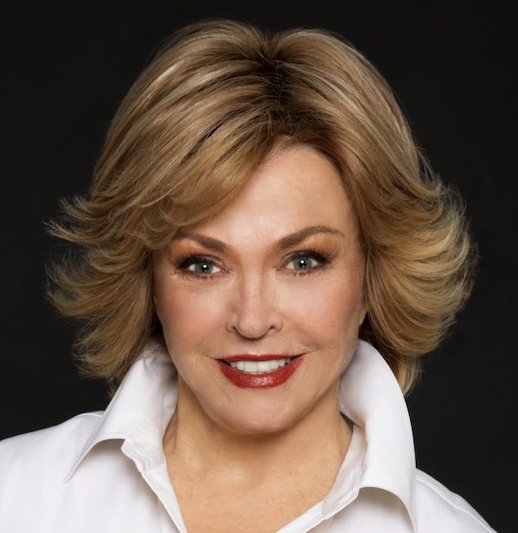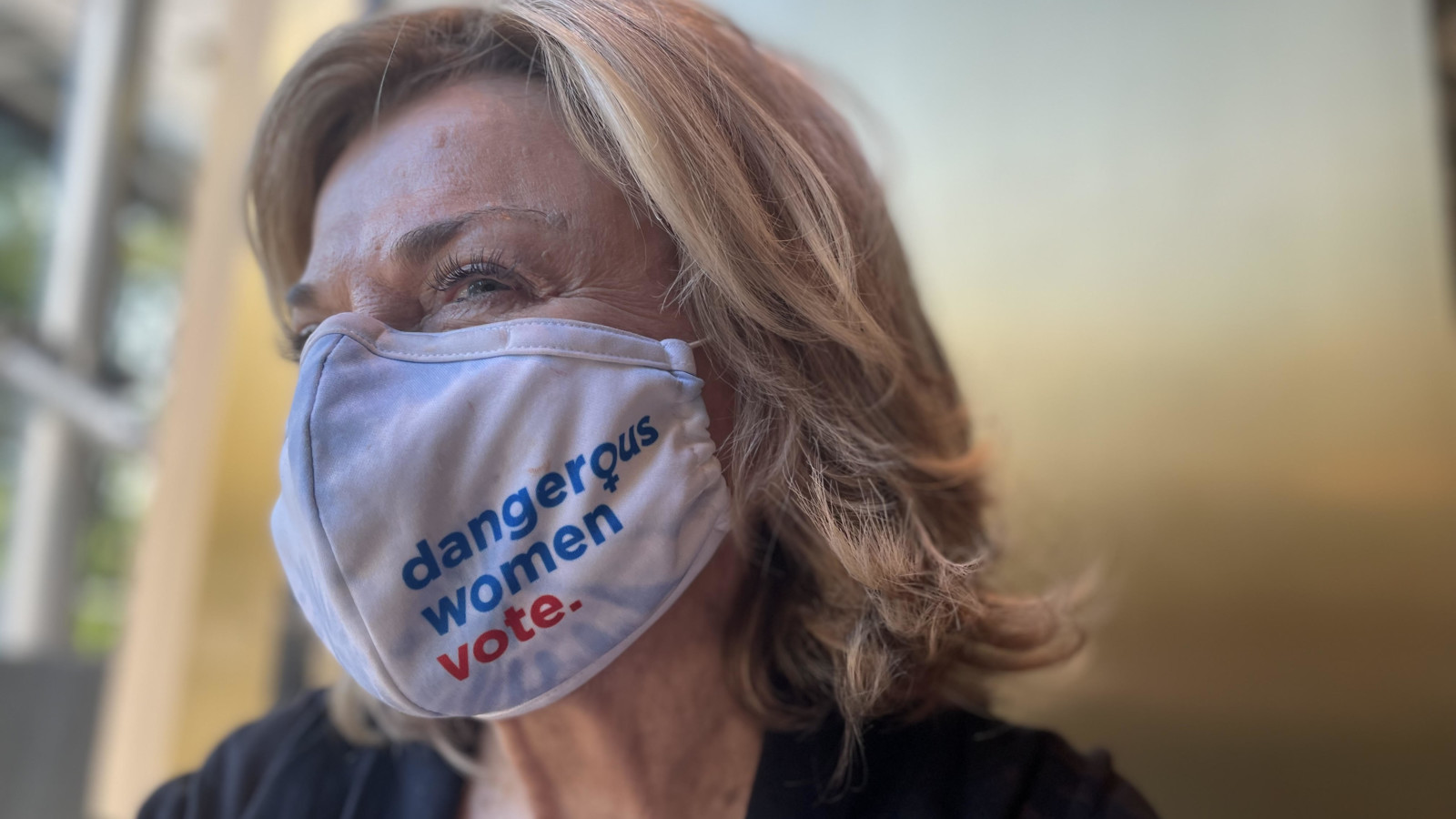“Our decision returns the issue of abortion to those legislative bodies, and it allows women on both sides of the abortion issue to seek to affect the legislative process by influencing public opinion, lobbying legislators, voting, and running for office. Women are not without electoral or political power.”
Justice Alito’s Dobbs opinion, June 24, 2022
Among the many conclusions Justice Alito shared in the Supreme Court majority opinion in Dobbs v. Jackson Women’s Health Organization, one of the very few that rang true for me was his observation that “women are not without electoral or political power.”
Last night, I attended the 50th anniversary party for Ms. Magazine. Attendees included women who were there at the founding, women who have written for the magazine, and women who have been featured in the magazine over the years. We reminisced about the events that brought Ms. into being, the progress made since, and the recent backslide in women’s rights. We also talked about women and power, and the importance of women to speak out, support women and men running in the November election who are fighting for women’s equality, and to vote.
It brings to mind an observation once made by one of my personal heroes, Rep. Bella Abzug, who wrote, “Women are still regarded by many male politicians and the media as a special-interest group, as if we were peanut or chicken-feed lobbyists. That description makes me angry. Let us remember who we are. We are a majority of this nation.”
WE ARE A MAJORITY OF THIS NATION
Not only are we a majority of the population. We are also the majority of voters. In 2020, 74.1 percent of women in the United States were registered to vote. This is higher than the share of men, 71.2 percent, who were registered to vote in that same year.
A new Pew Research Center poll last week showed abortion rocketing up as a priority for Democratic voters — from 46 percent in March to 71 percent today. Add to that a recent Gallup poll that found 55% of all Americans identify themselves as “pro-choice.”
Since the preliminary Dobbs opinion was leaked in May, the number of women registered to vote has been growing. Women — particularly young women — have responded by registering to vote in record numbers.
“Among many pro-abortion rights women, particularly those of child-bearing age, ‘there is sense of direct threat to their lives, literally deciding for them and having a direct impact on their reproductive rights,’ said Kelly Dittmar, research director for the Center for American Women and Politics at Rutgers University.” [Yahoo! News]

Earlier this week, Tom Bonier, a Democratic political strategist, wrote an op-ed in The New York Times entitled “Women Are So Fired Up to Vote, I’ve Never Seen Anything Like It.” “In my 28 years analyzing elections,” he writes, “I’ve never seen anything like what’s happened in the past two months in American politics…
“Women are registering to vote in numbers I’ve never witnessed. I’ve run out of superlatives to describe how different this moment is, especially in light of the cycles of tragedy and eventual resignation of recent years. This is a moment to throw old political assumptions out the window and to consider that Democrats could buck historic trends this cycle.”
What’s more, the uptick in registration is happening overwhelmingly in states where abortion is, or will likely soon, be banned. Women in Kansas, Idaho, Wisconsin, Louisiana, Pennsylvania and Ohio top the list, all states where abortion is either already banned or at risk of being banned.

Already in Kansas we’ve seen the power of women exercising their “electoral power.” After the Dobbs leak, registration among women spiked there, “at one point accounting for more than 70 percent of new voter sign-ups.” In a landslide vote that shocked pundits in August, Kansans rejected a ballot initiative that would have stripped residents of abortion rights.
“National Democrats are counting on that energy in this November’s midterm elections, particularly in Senate races in states such as Nevada, New Hampshire and Wisconsin,” writes Shefali Luthra at The 19th News. “It could also hold sway in Kansas, where Gov. Laura Kelly — a Democrat who has vetoed abortion restrictions — is in a tight race for reelection.”
This November “there’s an unprecedented number of abortion-related questions on the ballot this year with voters in at least five states set to decide on varying proposals,” reports NPR. That number grew to six on Thursday when the Michigan Supreme Court ruled that an abortion-focused measure in Michigan will be on the ballot in November.
In the essay I quoted earlier, Abzug went on to explain the link between voting and achieving true equality in America.
“Participating in politics, registering, and voting are the minimum that we can do,” she wrote. “It is an opportunity that millions of women and men in many other nations do not have. Some have died for this basic democratic right. You don’t have to die for it. You just have to walk into a voting booth in your neighborhood and pull the lever.
That is . . . the first and easiest step toward making possible our dream of equality for women in a more peaceful world.”
It’s still true today. Take that step. Vote in November.
Onward!
-Pat


